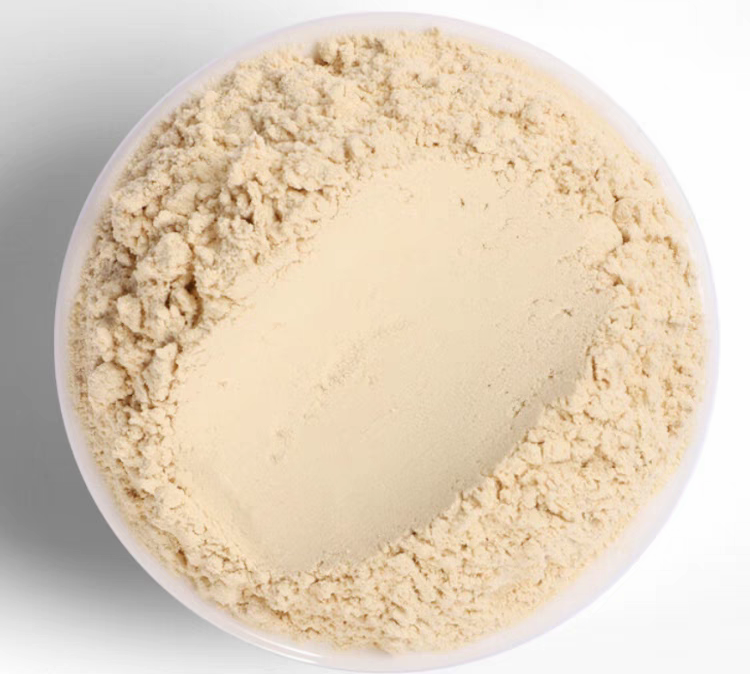betterfortoday
Ginseng Powder for Chi Energy Spleen Lungs Immune System Heart Blood
Ginseng Powder for Chi Energy Spleen Lungs Immune System Heart Blood
Regular price
Dhs. 330.00 AED
Regular price
Sale price
Dhs. 330.00 AED
Quantity
Couldn't load pickup availability
Don't buy any powder from stores~
I strongly suggest you to grind it into powder yourself~
I grind the ginseng powder myself, so there is nothing else but ginseng onlly~
Ginseng, a precious traditional Chinese herb, has extensive pharmacological effects studied in both traditional and modern medicine. Below is a detailed analysis of its primary benefits and precautions:
I. Core Benefits of Ginseng
1. Traditional Chinese Medicine (TCM) Perspective
- Greatly Replenishes Vital Energy (元气, *Yuánqì*)
Known as the "supreme herb for replenishing qi," ginseng is especially effective for severe qi deficiency, chronic weakness, or critical conditions (e.g., post-surgery, major blood loss), restoring energy and vitality rapidly.
- Strengthens the Spleen and Lungs
Improves appetite, reduces bloating and diarrhea caused by spleen deficiency, and alleviates shortness of breath or coughing due to lung deficiency.
- Promotes Fluid Production and Relieves Thirst
Addresses fluid depletion from febrile diseases (e.g., post-fever dehydration) and symptoms akin to diabetes.
- Calms the Mind and Enhances Cognitive Function
Reduces anxiety, insomnia, and poor concentration while boosting memory—ideal for students or mentally demanding professions.
- Strengthens the Body’s Foundation
Long-term use improves disease resistance, delays aging, and enhances overall constitution.
2. Modern Medical Research
- Boosts Immunity
Ginsenosides (e.g., Rg1, Rb1) activate immune cells, enhancing antiviral and antitumor capabilities.
- Regulates Metabolism
Stimulates protein synthesis, lowers blood sugar (supports diabetes management), and balances lipid levels.
- Reduces Fatigue and Oxidative Stress
Improves energy metabolism, reduces post-exercise lactic acid buildup, and scavenges free radicals to slow cellular aging.
- Protects Cardiovascular Health
Dilates blood vessels, improves microcirculation, aids in lowering blood pressure, and prevents myocardial ischemia or cerebral thrombosis.
- Balances Neuroendocrine Function
Alleviates stress, improves mood disorders (e.g., depression, anxiety), and regulates hormone levels (e.g., menopausal symptoms).
Suitable Groups and Scenarios
- Physically Weak Individuals: Post-surgery, postpartum recovery, chronic illness patients.
- Subhealth Populations: Fatigue-prone, immunocompromised, or those with memory decline.
- Elderly: Slows aging and prevents cardiovascular diseases.
- Special Needs: Students, high-pressure professionals (for mental clarity and stress relief).
Contraindications and Precautions
1. Groups Who Should Avoid Ginseng
- Excessive Internal Heat or Yin Deficiency with Fire Symptoms: Mouth ulcers, constipation, night sweats—ginseng may worsen heat-related symptoms.
- Hypertension Patients: May temporarily raise blood pressure (use under medical supervision).
- Pregnant Women and Children: Risk of fetal instability or precocious puberty (unless prescribed for deficiency).
- Allergic Individuals: Potential reactions like rashes or diarrhea.
2. Side Effects and Risks
- Overdose (>3g/day long-term): May cause "ginseng abuse syndrome," including insomnia, palpitations, hypertension, or headaches.
- Drug Interactions:
- Anticoagulants (e.g., warfarin): Increases bleeding risk.
- Stimulants (e.g., caffeine): Amplifies CNS excitation.
- Hypoglycemic Agents: May trigger low blood sugar.
Consumption Methods
1-2g daily with warm water (strict dosage control).
- Optimal Timing: Morning orempty stomach; avoid evenings to prevent insomnia.
Start with small doses (1-2g/day) and monitor reactions.
Limit continuous use to 2 weeks, followed by a 1-2 week break.

